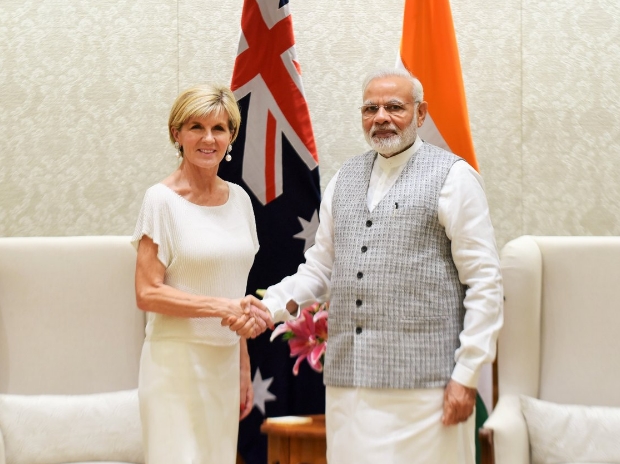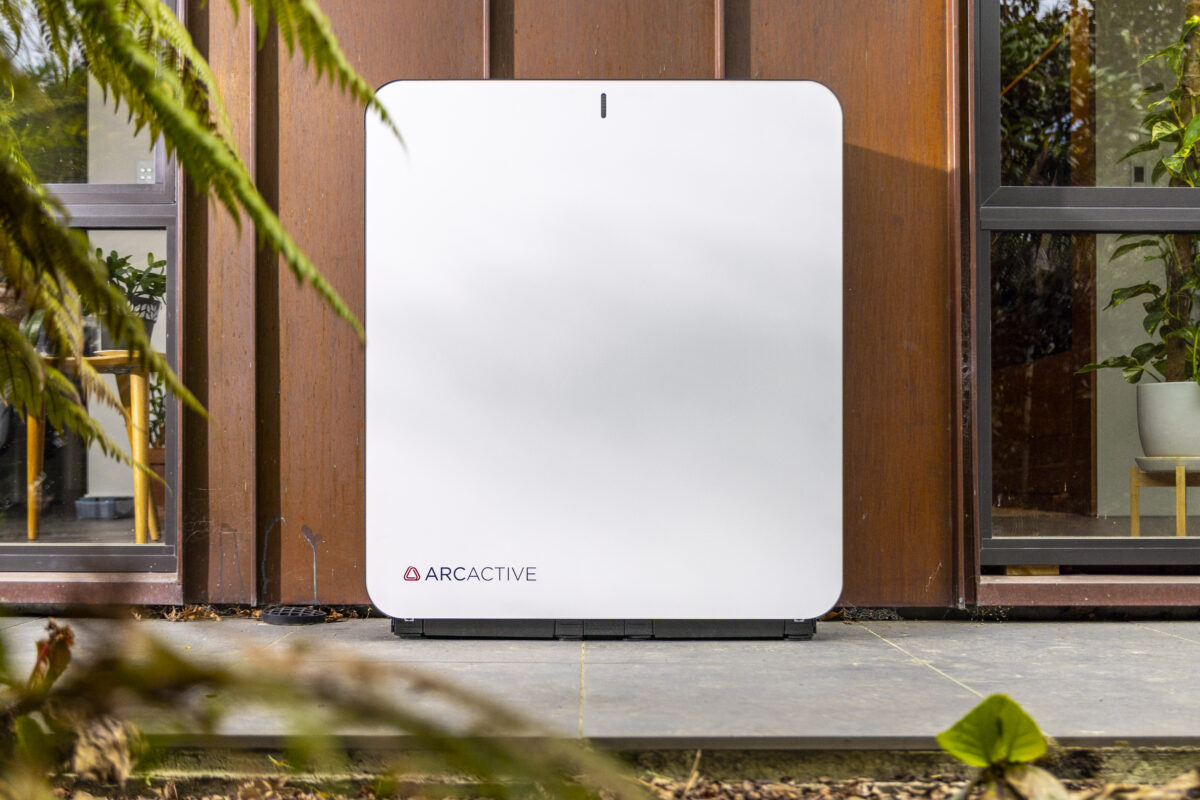Although the inauguration itself has been postponed to January 2018, the establishment of the International Solar Alliance (ISA) as a legal international inter-governmental body took place on December 6, and Australia was among the first to welcome it. ISA will seek to promote the roll out of solar technology and solar energy uptake.
“Australia’s expertise in solar technologies and research will be shared globally with the formal creation of the International Solar Alliance today,“ said Australian Foreign Minister Julie Bishop, adding that led by India and France, members of the International Solar Alliance will deepen cooperation on solar research, reduce technology costs and harmonize international standards.
After it formally indicated its intention to join the ISA in July, Australia ratified the ISA framework agreement in November, taking the total number of the Alliance’s ratified members to 19.
“Australia is a world leader in the sector, with significant expertise in remote electrification and vital supporting technologies such as batteries and pumped hydro storage. Around 17 per cent of Australian households have rooftop solar panels – the highest per capita rate in the world,“ said Bishop adding that joining the Alliance also supports the Australian Government’s commitment to clean energy cooperation and meeting its Paris Agreement emissions targets.
As reported by Bloomberg, citing Upendra Tripathy, interim Director General of the alliance, ISA will aim to mobilise US$1 trillion of low-cost financing for solar energy by 2030. It will also look to promote affordable solar power through global tenders, with the first one expected to take place in the next three months for supplying 300,000 solar-powered pumps mainly in India, Bangladesh and Mauritius.
Earlier this week, India’s Ministry of New and Renewable Energy (MNRE) released further details of ISA’s activities regarding three new solar programs: Scaling Solar Applications for Agriculture Use, Affordable Finance at Scale, and Scaling Solar Mini-grids, set to be implemented following the body’s legal formation.
The framework agreement defining the inter-governmental body’s statutes has been signed by 46 countries and ratified by 19 of them, out of 121 countries that are located wholly or partially in the sun-rich belt between the tropics and thus eligible to become part of the ISA.
This content is protected by copyright and may not be reused. If you want to cooperate with us and would like to reuse some of our content, please contact: editors@pv-magazine.com.









By submitting this form you agree to pv magazine using your data for the purposes of publishing your comment.
Your personal data will only be disclosed or otherwise transmitted to third parties for the purposes of spam filtering or if this is necessary for technical maintenance of the website. Any other transfer to third parties will not take place unless this is justified on the basis of applicable data protection regulations or if pv magazine is legally obliged to do so.
You may revoke this consent at any time with effect for the future, in which case your personal data will be deleted immediately. Otherwise, your data will be deleted if pv magazine has processed your request or the purpose of data storage is fulfilled.
Further information on data privacy can be found in our Data Protection Policy.